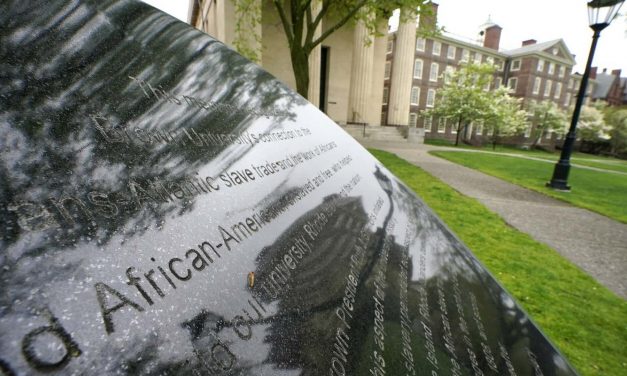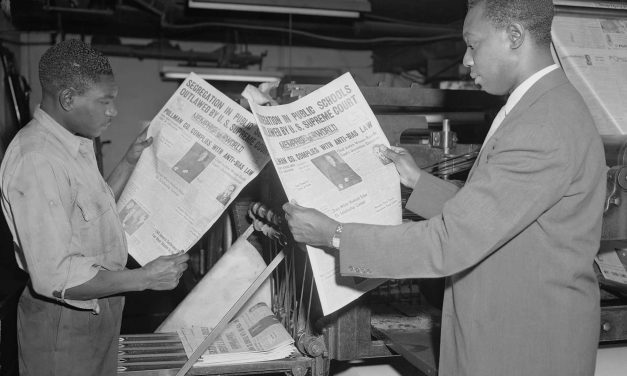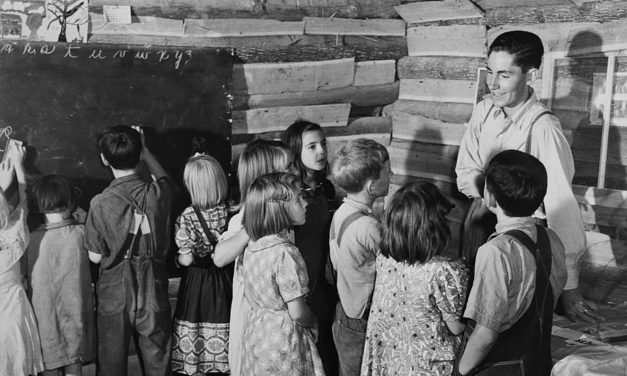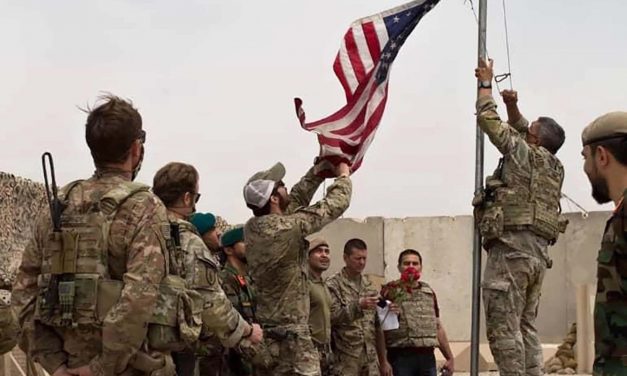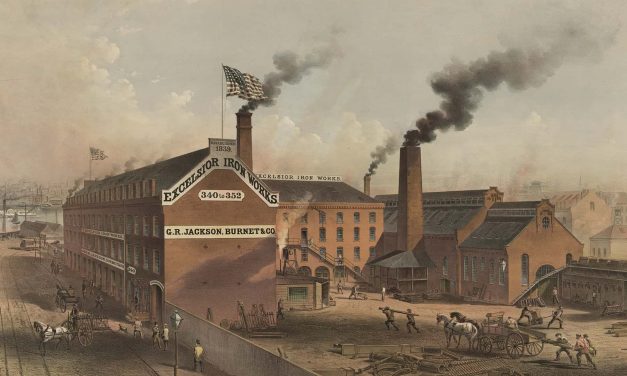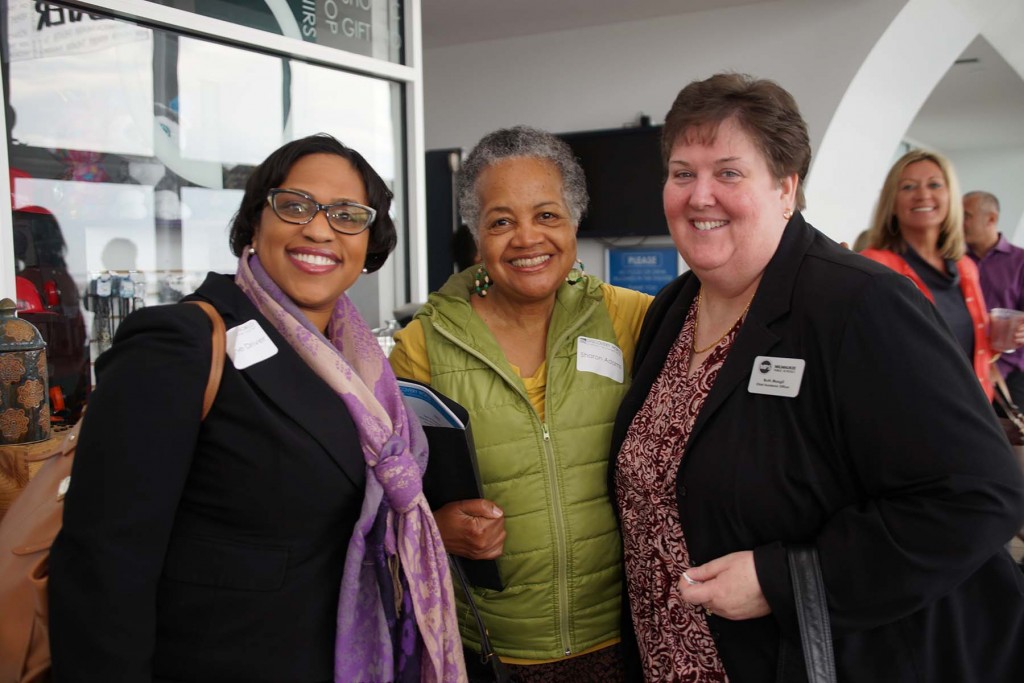More than just money: The transitional justice of reparations works best when multiple tools are used
By Kerry Whigham, Assistant Professor of Genocide and Mass Atrocity Prevention, Binghamton University, State University of New York Between 1904 and 1908, German soldiers and settler colonists killed about half of all Nama people and over 80% of the Herero ethnic group. On May 28, 2021, German Foreign Minister Heiko Maas acknowledged that Germany committed genocide in what is today Namibia. The statement by Maas was Germany’s first official description of these events as “genocide.” Maas also announced that Germany would pay Namibia roughly US$1.3 billion to answer for these crimes. Many refer to this gesture as reparations. Meanwhile,...
Read More
